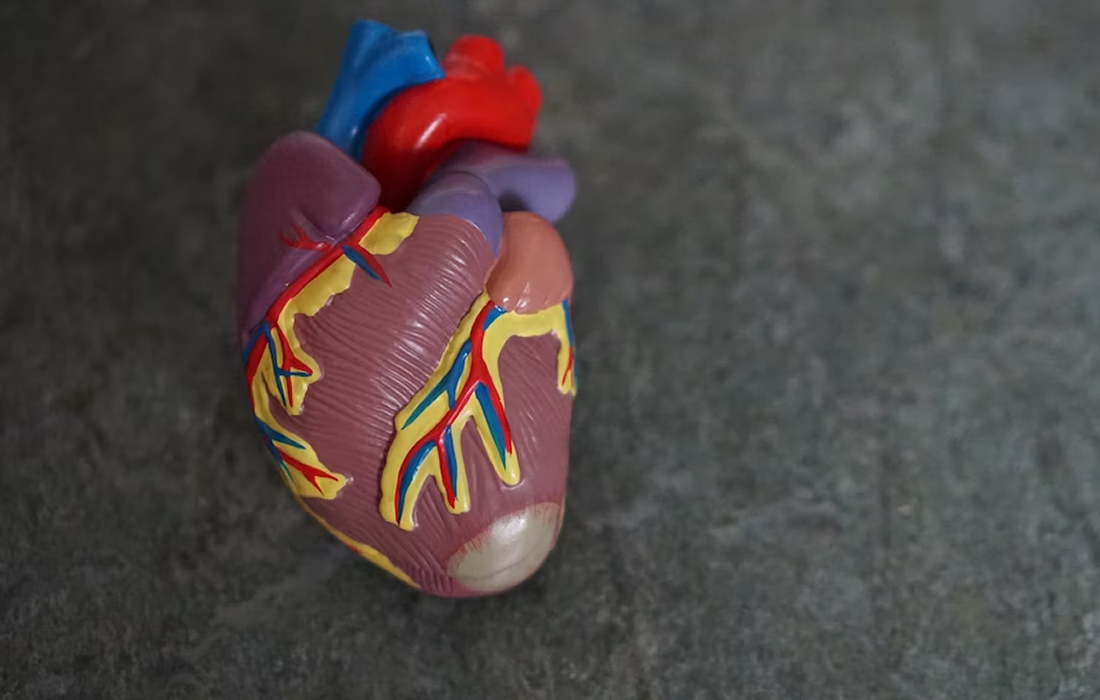Researchers at the University of Michigan Rogel Cancer Center have discovered a new nutrient source that pancreatic cancer cells use to grow. The molecule, uridine, offers insight into both biochemical processes and possible therapeutic pathways. The findings, published in Nature, show that cancer cells can adapt when they don’t have access to glucose. Researchers have […]
Category Archives: Regenerative Medicine News and General Information
Chronic wounds are open sores or injured tissue that fail to heal properly. These types of wounds are notoriously challenging to treat because of bacterial infections like Staphylococcus aureus, or S. aureus. Additionally, bacterial infections that are highly resistant to antibiotics, such as methicillin-resistant S. aureus (MRSA), are one of the main causes of life-threatening […]
Insulin is an essential treatment for type 1 diabetes and often for type 2 diabetes, as well. One hundred years of research have greatly advanced medical and biochemical understanding of how insulin works and what happens when it is lacking, but the reverse, how potentially fatal insulin hyper-responsiveness is prevented, has remained a persistent mystery. […]
A new discovery about the structure of melanin has brought scientists one step closer to developing a new, potentially ultra-protective sunscreen derived from a biological substance found in nearly all organisms. Researchers from McGill’s Department of Chemistry, in collaboration with The Ohio State University and the University of Girona, have announced a major advance in […]
Two years of heavy exposure to TCE, a liquid chemical that lingers in the air, water and soil, may increase the risk of Parkinson’s disease by 70%. Previous research has linked TCE, or trichloroethylene, to certain cancers, but a new study publishing in JAMA Neurology on May 15, 2023, is believed to be the first […]
Allergic asthma is the most common chronic disease among children, and it can persist into adulthood. New research led by investigators at Massachusetts General Hospital, reveals how the relationship between nerves and immune cells in the lungs can contribute to the development of this condition. For the study, scientists generated unique newborn mouse models of […]
Scientists took chlorhexidine, and used it to coat the polymer, acrylonitrile butadiene styrene (ABS). The new study published in Nano Select shows that this new material was found to be effective in killing the microbes responsible for a range of infections and illnesses and could be used as an effective antimicrobial coating on a range […]
It often was thought that the speed of information transmitted among regions of the brain stabilized during early adolescence. A study in Nature Neuroscience by Mayo Clinic researchers and colleagues from the Netherlands found transmission speeds continue to increase into early adulthood. Because problems such as anxiety, depression and bipolar disorders can emerge in late […]
According to the Heart Failure Society of America, heart failure affects more than 6 million people in the United States over the age of 20. It also accounts for more than 8% of all heart disease deaths in the country. Studies have shown that certain parts of the body called peripheral chemoreceptors, which typically regulate […]
A key feature of the severe allergic reaction known as anaphylaxis is an abrupt drop in blood pressure and body temperature, causing people to faint and, if untreated, potentially die. That response has long been attributed to a sudden dilation and leakage of blood vessels. But Duke Health researchers have found that this response, especially […]










